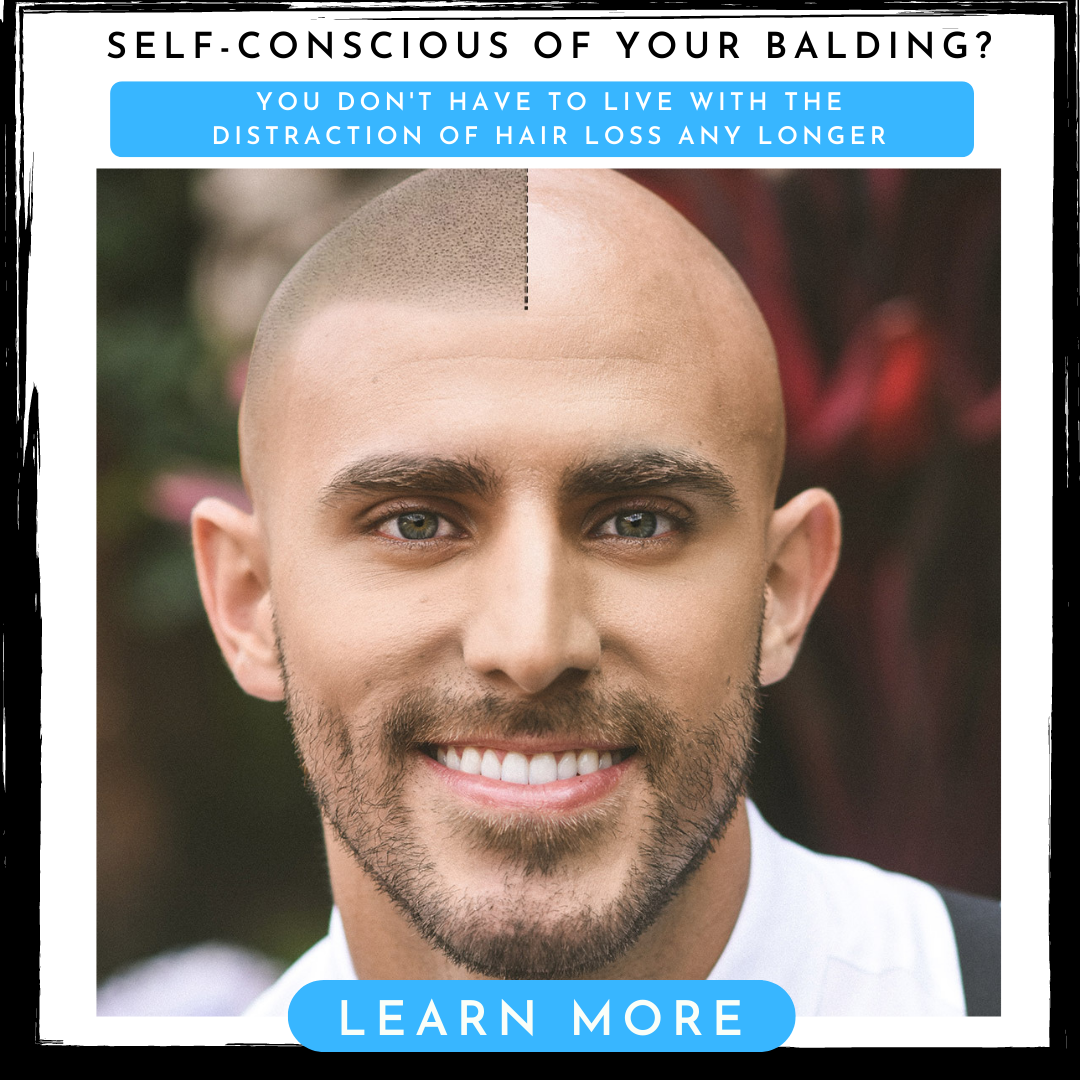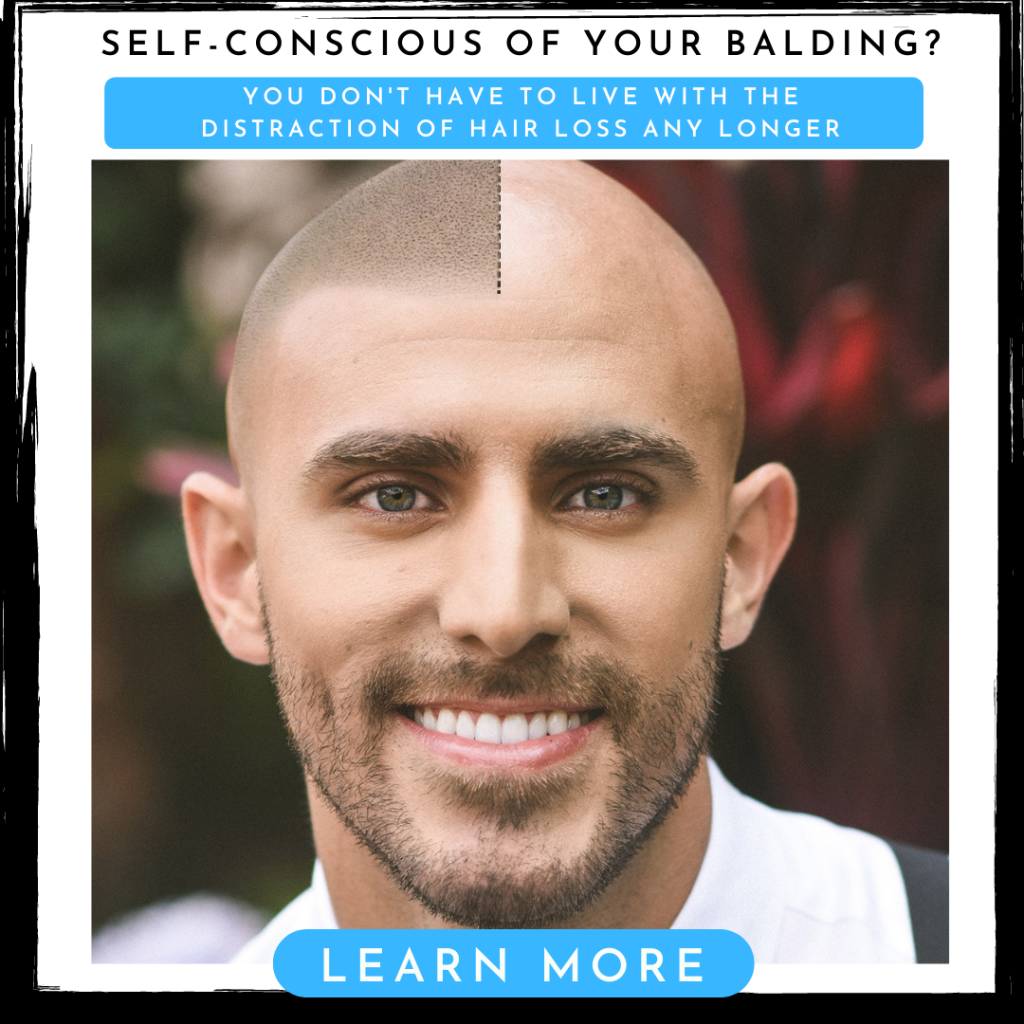There have been several occasions when I felt impatient during my meditation. I felt anxious, bored, restless, and sometimes difficult to concentrate. At these times I have wondered: can you meditate too much?
You have probably heard people say, or you believe it yourself, that too much of anything is not ideal. Too much food, too much water, too much exercise, even too much love can turn into obsession. When it comes to the subject of most things, “too much” of it could be a detriment to our health and sanity. But is there such a thing as meditating too often? And what happens when you meditate for a long time?
Μeditation is a habit that can help us deal with our baggage, get closer to our inner self, and facilitate the manifestation of our desires. However, it’s important to strive for a balance that will feel effective and complementary to our individual needs. We need to make sure that we avoid turning a positive habit into an obsession, and the person who can answer that with certainty is ourselves (at least those with a strong sense of introspection), after assessing how we feel.
Table of Contents
What does meditation help me with?
Meditation can help us in the following ways:
- Deal with our worries and emotional pain
- Better understanding our feelings
- Discover mental blocks and fears
- Reduces the tendency to become angry
- Achieve contentment & happiness
- Releases tension from both our mind and body
- Cultivate a feeling of calmness
- Sleep better
- Allow us to focus on thoughts that serve us instead of repetitive and obsessive thoughts that produce negative emotions
Meditating can offer us a safe place away from the hardships of everyday reality. That does not mean that it cuts our connection to it and sends us to La-La-Land, just that it gives us a chance to recharge and gain the strength to deal with it more efficiently and in a mindful way.
Our sense of well-being increases, and we can even battle mental illnesses such as anxiety and depression, as well as addictions.
Many successful celebrities, artists, entrepreneurs and thinkers meditate routinely, because meditation improves our cognitive abilities: our concentration & focus, our mental clarity & creativity. It can increase our ability to make decisions, come up with ideas, solutions, reform & restructure our brain.
Scientific research has identified a quality of the brain called neuroplasticity: that is the ability to alter the structure and function of our brains. Meditation has been shown to help improve that quality, and we can therefore use it to trace patterns and ways of thinking that do not serve us.
Meditation has also been shown to increase connection to oneself, as well as developing a sense of empathy and compassion for others. While in a meditative state we can get closer to the core of our being, feelings, beliefs & values, become in touch with our needs, heal our traumas, and in finding our purpose in life.
Meditation can also be used as a way of sending love energy to other people, understanding them, forgiving them as well as our own self for the mistakes of the past. It can also help us move on from pain and toxicity, and give life to our dreams.
The state of our physical health, even when it is affected by several different diseases, has been shown to improve through systematic meditation. The improvement of our breathing, psychological state and sleep patterns as the results of daily meditation practice.
Also, meditating is a really useful technique for relaxation and reaching a state akin to sleep, as manifesting master Neville Goddard called it. While in a meditative state, our thoughts, visualizations and feelings are impressed upon our subconscious mind, which makes transforming our external reality much easier.
Given that meditation could make us feel so good at times, it can lead us to become obsessed with it, especially during periods of extreme emotional discomfort followed by a dire need to disentangle from everyday reality. We might find ourselves craving meditation during work or study, or wishing to drop our friends on a night out to return to the comfort of our own meditative practice in order to chance after the trance of higher states of meditation.
If we ever notice that a seemingly good forming habit start to interfere with our priorities, it’s time to reconsider changing up our routine. It is not healthy to prioritize anything (even meditation!) over things that requires our attention. Such as chores, tidying up, studying, work, or seeing our friends and family.
The aim of meditation is to feel better, think better, and become better. So we shouldn’t use it to try to bury our emotions, avoid obligations, or ignore problematic relationships which we’ll eventually have to deal with in the future.
A study conducted in 2017 by Brown University and the University of California demonstrated the possibility that meditating for too long can have negative side effects. 60 study participants were meditation teachers, and 41% who admitted to having had negative experiences, described this happening after meditating for 10 or more hours a day.
Some of the negative experiences shared by those meditation masters occurred during the meditation, and others some time later. Some of these were cognitive problems, hallucinations, hypersensitivity to stimuli, feelings of fear, anxiety, panic, a loss of interest, loss of sense of self, or loss of energy.
Meditating for such long periods of time is a bit extreme so please approach it with caution. For those that lead busy lives, this shouldn’t be much of a problem. Most of us can only find time to meditate for ten minutes a day. While others that are so lucky can do up to an hour every day. The key here is to be consistent with your practice while at the same time gradually increasing your meditation time as you feel more comfortable sitting for longer periods of time.
If you are using meditation to help you visualize in order to manifest your desires, it is important to do it when you feel good. In addition to that, make sure to feel the feeling of your wish fulfilled, and then just let it go. After meditating, just proceed to go about your day as you normally would.
I spent a period of my life when I tried to meditate and visualize every waking moment. This got in the way of my other real-life obligations, and of course did not help with the manifestation of my desires any faster.
In fact, it sent a message to the universe that I was trying too hard, that I was desperate for it, and desperation never leads to successful manifestations.
So, how do I know what’s best for me?
You can know what works best for you by noticing how your habits make you feel and how they affect the other parts of your life. If you love meditating for a long time but it doesn’t take away from other commitments, then continue to do so. If it leaves you with a feeling of tranquility, happiness, and fulfillment, then keep on keeping on because it’s good for you!
But if you find yourself trying too hard without progress, feeling exhausted,, obsessed, or disappointed, then maybe it’s better to take a break and try taking it slow. The practice of meditation is supposed to help you become better at life. And if at any time it seems that you’re actually deviating from that, take it easy on yourself and try approaching it from a different angle.









